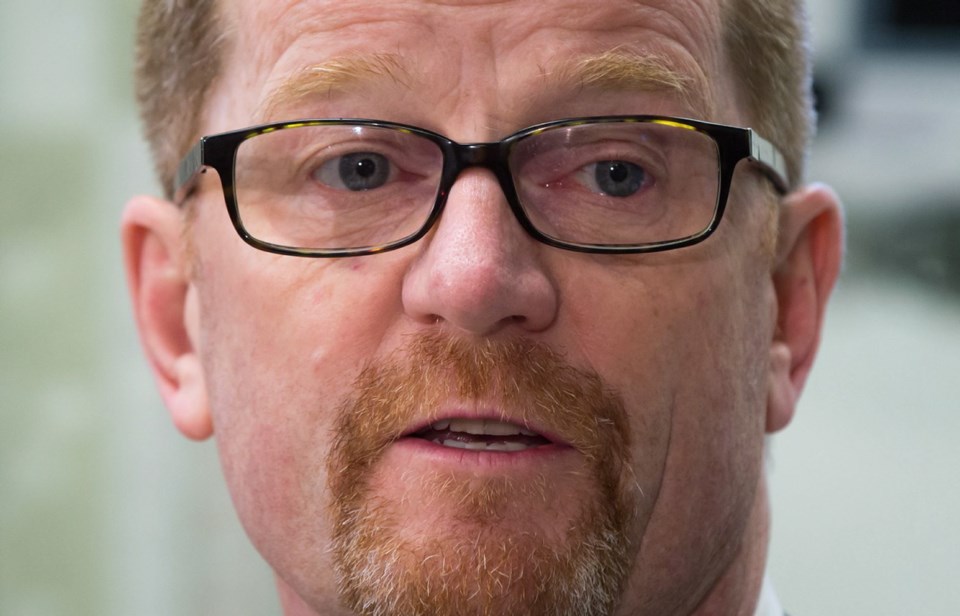Seniors and caregivers advocates say a $500-million commitment from the Ministry of Health will improve the lives of the elderly, as long as it ends up on the front line.
Health Minister Terry Lake announced the funding along with a four-year action plan, Thursday. It will mean hiring 1,500 additional care aids, nurses and other caregivers to assist seniors in need, he said.
That means that across each health authority, care-home residents will receive an average of 3.36 direct-care hours per day, which is the minimum recommended by the ministry itself. Lake said some care homes will fall below that recommended staffing level, while others that cater to seniors with more complex issues will be funded above it.
The funding will be spread over four years, beginning with $45 million this fiscal year, followed by $125 million, $150 million and $180 million.
Other elements of the plan include: creating a legal requirement to obtain consent from a senior before admitting them to a facility; improving home-care supports so that fewer residents will enter care facilities; and improving short-term medical care at facilities so that residents won’t need to be admitted to emergency rooms unnecessarily.
“Co-ordinated and integrated community care for seniors with complex medical needs and frailties will be improved with this plan we’re releasing today,” Lake said.
The province has received heavy criticism in recent years for failing to provide enough funding to staff care homes at the 3.36 direct-care-hour level that the ministry recommends.
Last year, 90 per cent of care homes didn’t staff at that level, up from 80 per cent in the previous year.
Seniors advocate Isobel Mackenzie praised the action plan, saying it means three million additional direct-care hours per year for the 27,000 seniors who need it.
“It could mean I could go to the bathroom within 15 minutes of asking, instead of 45. It might mean I could ask for a bath on Tuesday and get one, even though I just had on on Saturday. It might mean I could have the aid help me get to the dining room using my walker, instead of my wheelchair because that’s the faster way to get there,” Mackenzie said.
Jennifer Whiteside, secretary-business manager of the Hospital Employees’ Union, said she’s heartened by the staffing promise, which comes at a time when care aids are struggling to meet the basic needs of seniors.
Without enough hands on deck, she said care workers face a dangerous situation, with many injuries occurring in that moment when care is rushed.
“It’s equally important, however, to ensure there are robust accountability and monitoring measures in place to ensure the money that goes into the system actually winds up in frontline care and isn’t diverted to profits or administration,” Whiteside said.
NDP health critic Judy Darcy questioned the timing of the announcement.
“I find it unconscionable that this government has neglected seniors for 16 years and then 61 days before an election, they decide they need to do something about it,” Darcy said.



